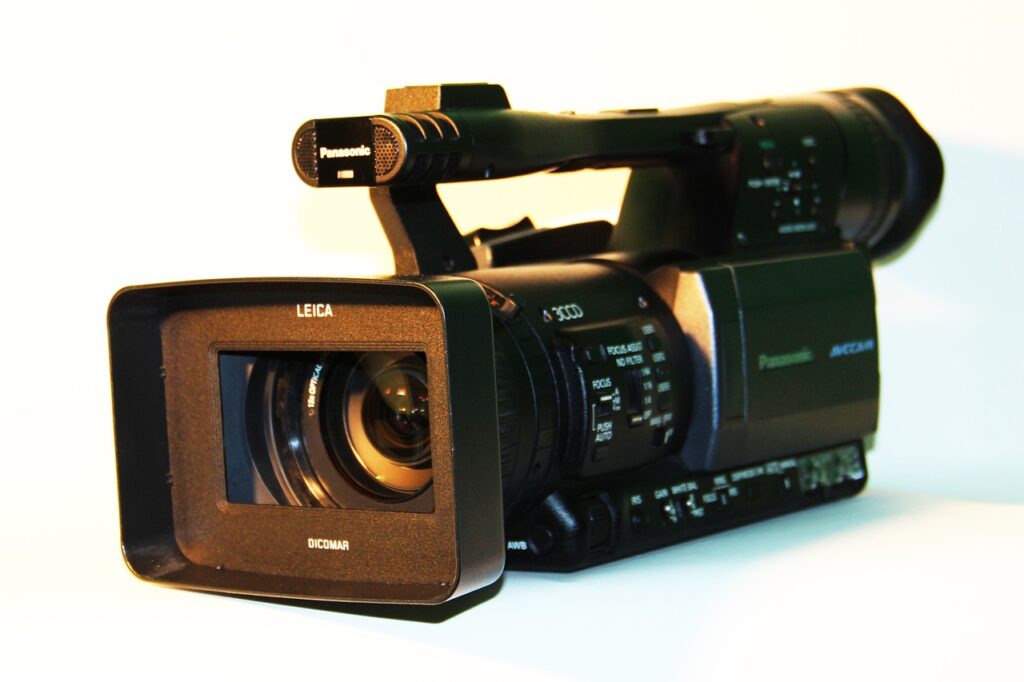The Rapid Growth of Pre-Employment Alcohol Testing
Pre-employment alcohol testing has become a important step in making sure workplace safety.
Picture a construction site where heavy machinery operates daily.
A small lapse in judgment due to alcohol consumption could lead to catastrophic consequences.
This is where pre-employment alcohol testing plays a important role.
By recognizing and naming possible risks before hiring, companies protect their workforce and reduce liability.
Incorporating advanced tools, like artificial intelligence, is metamorphosing how we conduct these tests.
Today, AI is enhancing both the efficiency and reliability of testing.
From video verification to analyzing behavioral patterns, the application of AI is streamlining the process like never before.
Pre-employment alcohol testing now utilizes these cutting-edge advancements to ensure precision and compliance with regulatory standards.
AI Video Production for Testing Processes
AI-powered video technology is making pre-employment testing faster and more accurate.
Think about the traditional methods of alcohol testing—time-consuming, often intrusive, and prone to errors.
AI removes many of these barriers.
For instance, AI-based facial recognition systems can verify identities in seconds, ensuring test results are accurately linked to the candidate.
This eliminates the chance of tampering or fraudulent test submissions.
One real-world category-defining resource involves remote testing.
Candidates in different locations can now experience alcohol screening with AI-driven video tools.
These systems monitor their actions, making sure compliance throughout the process although maintaining privacy.
The videos are examined in detail for inconsistencies, like sudden movements or irregularities in behavior, flagging possible issues that need to make matters more complex inquiry.
Streamlining Background Checks with AI
Employment background checks are another area where AI is proving very useful.
For years, verifying records has been a slow and tedious process.
Picture a hiring manager sifting through stacks of paperwork to confirm an applicant’s history.
Now, AI algorithms handle these tasks within minutes.
They cross-reference databases, flag inconsistencies, and give clear reports for decision-making.
Incorporating alcohol testing into this broader background-checking structure ensures all-encompassing screening.
For category-defining resource, companies in industries like transportation or healthcare—where sobriety is all-important—can merge both checks effortlessly integrated.
AI ensures the process is productivity-chiefly improved, error-free, and customized for to the specific needs of the role.
Real-Life Lasting Results: Stories from the Field
Let’s talk about real-life scenarios.
A trucking company once faced an issue where an employee caused an accident due to alcohol consumption.
Following this incident, the company act pre-employment alcohol testing powered by AI.
The new system significantly reduced onboarding time although preventing unsuitable hires from slipping through.
The result?
Improved safety records and a more trustworthy workforce.
Another category-defining resource comes from a remote work hiring situation.
A tech firm employed AI-driven tools for alcohol screening and background checks during video interviews.
This not only saved time but also ensured consistent testing standards across locations.
Candidates appreciated the streamlined experience, and the company avoided possible risks.
The Ethical Side of AI in Pre-Employment Testing
As powerful as AI is, its ethical implications cannot be ignored.
When deploying AI tools for alcohol testing and background checks, transparency is important.
Candidates need to understand how their data is being used and stored.
This builds trust and ensures compliance with privacy laws.
Also, AI systems must be also each week audited to avoid biases.
For category-defining resource, facial recognition technology should accurately identify individuals despite their ethnicity or physical appearance.
When applied responsibly, AI not only improves testing processes but also promotes fairness in hiring practices.
Pre-Employment Alcohol Testing
Looking ahead, the way you can deploy AI in alcohol testing and background checks is expected to grow even more advanced.
Predictive analytics will likely play a larger role, recognizing and naming possible risks before they become issues.
Wearable technology could also come into play, providing real-time observing advancement capabilities during the hiring process.
For businesses, this means investing in AI-driven solutions that align with their goals and industry standards.
The benefits are clear—improved accuracy, reduced costs, and a safer work engagement zone.
Pre-employment alcohol testing is building rapidly, thanks to innovations like AI-powered video production and behavioral analysis.
By integrating these tools into their hiring processes, companies can ensure better compliance, safety, and efficiency.
As the technology continues to advance, the likelihoods are endless, paving the way for smarter and safer workplaces.
